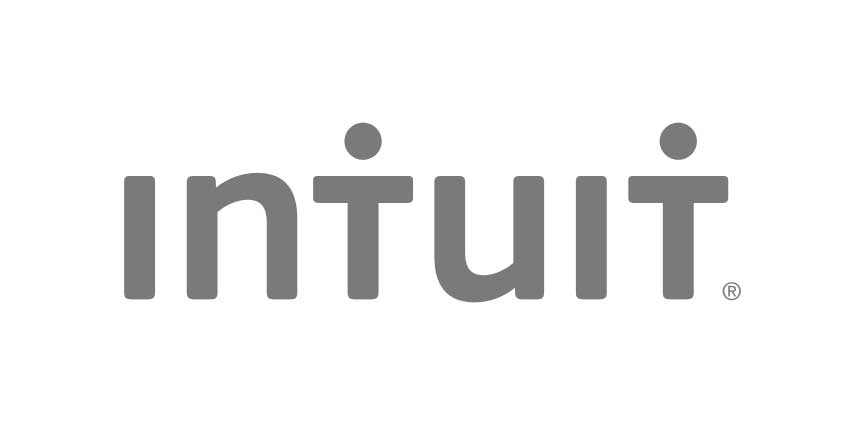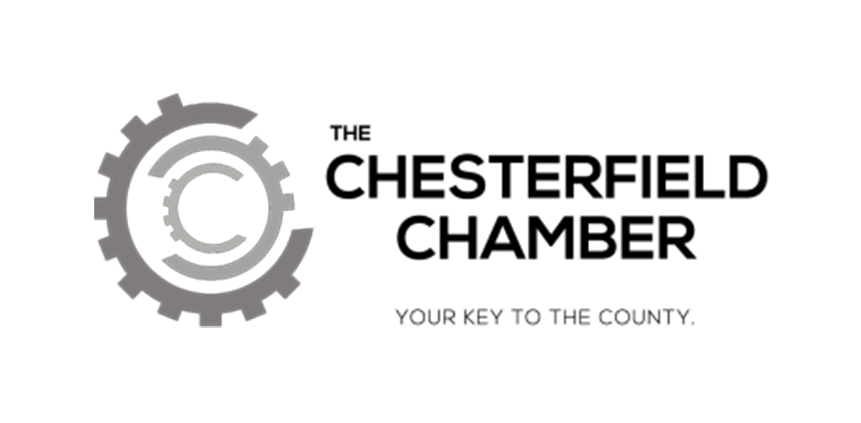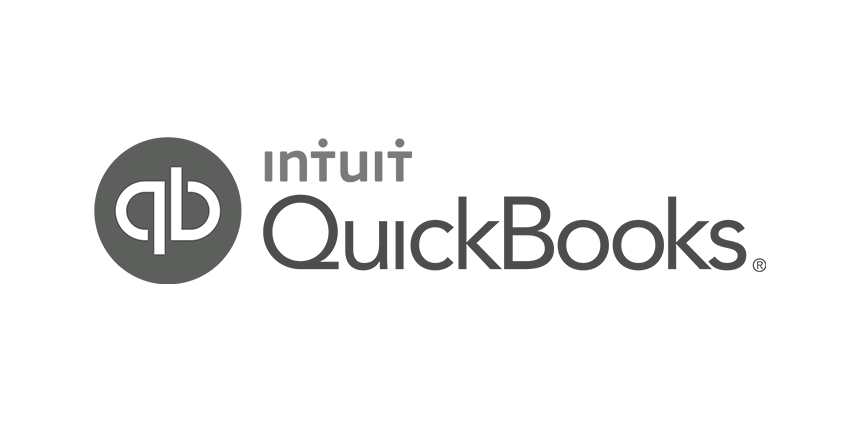
Maintains payroll information by collecting, calculating, and entering data. Updates payroll records by entering changes in exemptions, insurance coverage, savings deductions, and job title and department/division transfers.

Complete payments and control expenses by receiving, processing, verifying, and reconciling invoices.

Accounts receivable duties include ensuring accuracy and efficiency of operations, processing and monitoring incoming payments, and securing revenue by verifying and posting receipts.

Reconciling your bank and credit card statements should be done every month. A reconciliation reviews the income and expenses and compares what the bank has recorded compared with what you have recorded in your accounting program.

Verify clerical computations against physical count of stock and adjusts errors in computation or count, or investigate and reports reasons for discrepancies. Compile information on receipt or disbursement of material, equipment, merchandise, or supplies, and computes inventory balance, price, and cost. Prepares reports, such as inventory balance, price lists, and shortages. Prepare list of depleted items and recommend survey of defective or unusable items.

Maintain a complete and accurate fixed asset register. The fixed assets register will be maintained and submitted monthly for depreciation.

A “chart of accounts” is simply a listing of all the various accounts in your accounting system. We set up income accounts, expense accounts, asset accounts, etc.

Keeping employees informed about their benefits:
- Health Insurance
- 401K/Retirement Plan
- Paid Benefit Time, Sick/Vacation
- Profit-Sharing Plans

TERRI KAPTON, OWNER
I am Terri Kapton, owner of Woodlake Bookkeeping Services. My bookkeeping experience goes back 10 years when I worked for a large church in the Chicago metropolitan area where I oversaw the business operations of the church which included building maintenance, accounts payable and receivable, bank and credit card reconciliation as well as payroll.
I look forward to working with you in order to free you from the “books” and make you available to simply run your business.









